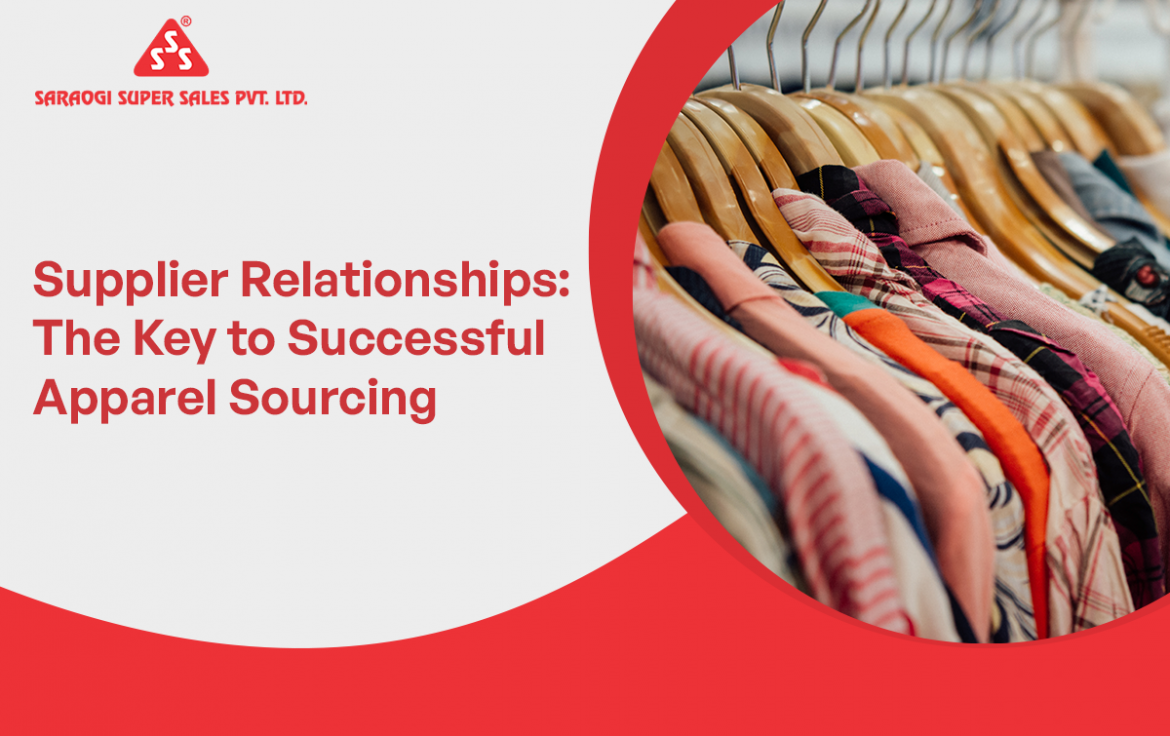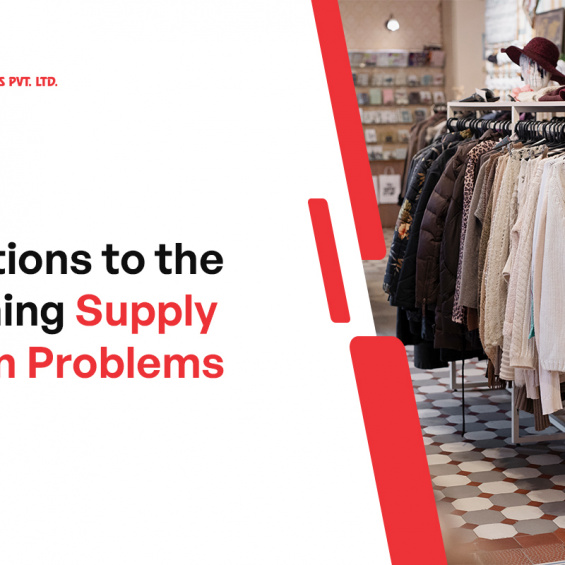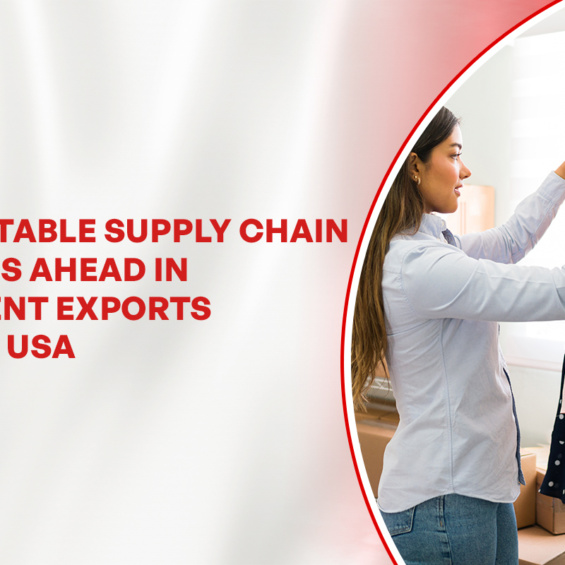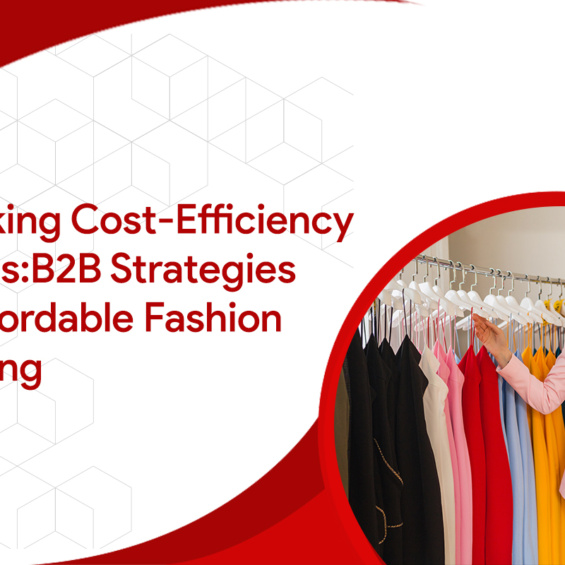Supplier Relationships: The Key to Successful Apparel Sourcing
In the fashion industry, garment sourcing is more than just locating suppliers; it is also about building strong relationships with the suppliers. These connections are the foundation of a successful apparel sourcing supply chain, where trust, dependability, and collaboration are essential. Let’s look at how cultivating these supplier relationships is critical to achieving excellence in garment sourcing.
Benefits of Strong Supplier Relationships
Strong supplier relationships are the foundation of a successful business. They foster agreement and reliability, ensuring a consistent supply of goods and materials. Let’s dive into the world of apparel textile sourcing in the USA.
Here are some of the benefits of the strong supplier relationships.
1. Quality Assurance
One of the critical benefits is the guarantee of product quality. This is an important part of supplier relationships since it ensures that products comply with or exceed set requirements on a consistent basis.
2. Cost Efficiency
Cost-efficient solutions can be introduced through effective supplier relationships. You’ll collaborate with suppliers to optimize production processes, negotiate fair terms, and minimize costs.
3. Timely Deliveries
In the fast fashion industry, on-time delivery is important. Maintaining positive relationships with your suppliers will also help with the timing of supply chain coordination and guarantee that your items will reach the markets on time.
4. Flexibility in Sourcing
In today’s fast-paced world of business, sourcing flexibility is critical. It refers to a company’s capacity to meet changing needs when making purchases of goods or services. It ensures that a company can respond to market changes successfully while still preserving quality, cost-efficiency, and customer happiness.
How Do You Manage Your Apparel Supplier Relationships Better?
Effectively managing apparel supplier relationships is critical for ensuring a smooth and successful sourcing process. The goal is to improve relationships and establish mutual trust and collaboration between garment companies and suppliers.
From communication and performance tracking to risk management and sustainable sourcing, let’s explore the five critical tactics that can help manage such key relationships.
1. Communication and Collaboration
Effective communication is essential to succeed in a relationship with a supplier. Ensure an open line of communication with your suppliers. Encourage conversations about expectations, concerns, and feedback regularly.
Take the route of collaboration in product development for innovation. These insights are often constructive in reducing the costs of designing. In addition to enhancing the connection, you might also come up with innovative ways to set yourself apart and distinguish your business.
2. Addressing Challenges
Supplier relationships imply that there will be certain challenges. It’s important that contingency plans are in place to handle any potential supply chain disruptions, subpar products and services, or other issues.
Ensure that effective, clear, and quick conflict resolution mechanisms are in place to sort out any arising disputes or problems. Have a clear process that avoids disturbances in the supply chain and ensures that all conflicts are settled agreeably while maintaining the relationship.
3. Always Pay on Time
Good supplier management requires timely payment. By honoring payments on time, you cement your loyalty to the partnership. Payment delays can put a strain on relationships and disrupt supply chains. Set up solid financial systems to ensure timely payment. By being consistent, you can be sure that your partner will be dependable, and you can build confidence with your suppliers.
4. Determine the Roles and Responsibilities
For a partnership to be seamless, it is vital that everyone knows their job and what they are responsible for. Explicitly specify what you expect from your suppliers; conversely, comprehend their expectations in relation to you.
Evaluation of suppliers should be continuous. Review your suppliers against performance metrics, quality criteria, and dependability criteria at periodic intervals. Find opportunities for change and offer a solution. This indicates that the company doesn’t take liabilities on suppliers but shows its commitment to growing its relationship with them.
5. Be Ethical and Honest
There are no alternatives when it comes to ethics in supplier relationships. Ethical behavior that includes adherence to fair labor measures or sustainability is both morally right and consumer-demanded in today’s competitive business environment.
Another foundation for good behavior rests upon transparency. Be open and honest with your suppliers, and make sure to provide share prices, orders, lead times, etc., if possible. Honesty does more than build trust; it makes sure that all parties are of one mind.
Also Read : Custom Apparel Sourcing: Tailoring Your Supply Chain To Your Brand’s Needs
Unlocking the Synergy of Supplier Relationships in Apparel Sourcing
Managing relationships with suppliers in apparel sourcing is an art that calls for commitment, good communication, and moral standards. These strategies will help you build stable partnerships and prepare your fashion brand for growth in a competitive environment.
Let’s not forget that everything comes and goes in the world of fashion, but a solid relationship with your suppliers always remains constant. These are the ground rules for every brand’s prosperity. Saraogi Super Sales has redefined apparel sourcing in the USA as a global exporter in the garment buying business.
FAQ’s :
What are the advantages of having good relationships with suppliers?
How do you manage effective relationships with suppliers?
What are the essential elements in establishing supplier relationships?
Essential elements in establishing supplier relationships include clear communication, mutual trust, fair agreements, transparency, and a focus on long-term collaboration.
Why is it important to build relationships with suppliers?
Specializing in sourcing and exporting
a wide range of garments and apparel







